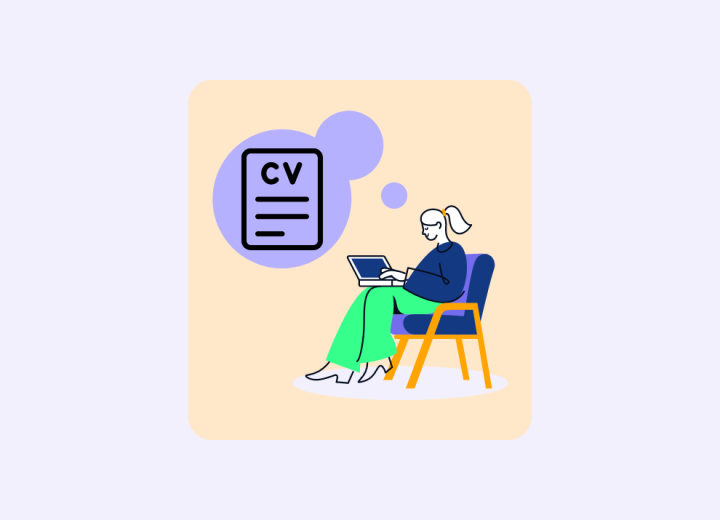What Causes Delays in the Recruiting Process?
➡️ Interviewer Feedback Has Not Yet Been Submitted
Your interviewers – who are Managers, Principals and Partners – often have demanding schedules. While they are committed to the recruiting process, client priorities and internal responsibilities may delay their submission of evaluations. Just put yourselves in the shoes of your interviewer, imagine if there is a ‘fire’ on the project and the client and partner are breathing down your neck, in a difficult situation like this, filing up feedback forms would probably be the least of your concerns.
➡️ Recruiting Team Operational Bottlenecks
Recruiting teams are responsible for managing multiple processes simultaneously, and delays may occur due to:
- Team transitions or onboarding of new recruiters
- Administrative backlog during peak recruiting periods or high volume of concurrent roles and applications
Even at well-run firms, internal process constraints (such as software inefficiencies) can lead to slower-than-expected communication.
➡️ You May Be on “Hold” or a Waitlist
It is common for candidates to be placed on informal hold if:
- The firm is still completing other interviews
- Another candidate is being prioritized for an offer
- Headcount approval is still pending
This does not mean you are rejected – but it does mean your outcome may depend on decisions made elsewhere in the process.
➡️In Some Cases, Firms May Not Respond at All
While not ideal, it is important to realize that sometimes, some offices or firms may not follow up with unsuccessful candidates, especially if they do not have an automated or formal recruiting infrastructure. Unfortunately, this kind of “ghosting” does occur – even at the top firms.
What Actions Can You Take If You Don’t Hear Back After the Interview?
1. Follow Up After Two Weeks
If you have not received a response after approximately two weeks, it is entirely appropriate to send a polite follow-up email to the recruiter.
2. Leverage Internal Connections
If you have contacts within the firm – such as a referrer, or a personal friend/acquaintance – they may be able to help follow up in-person with recruiting and this is often the most effective, based on my own experience
3. Communicate Competing Offer Timelines
If you are holding another offer with an upcoming deadline, it is perfectly acceptable to inform the recruiter tactfully. Doing this could help to accelerate the process, especially if you have had a strong interview performance
What Should You Avoid When Feedback After the Interview Takes Time?
Even if the waiting period feels frustrating, it’s important to stay calm and professional. During this phase, it’s best to avoid the following:
- Avoid sending repeated follow-ups in short succession
- Do not express frustration or impatience in your communication
- Avoid assuming silence means rejection too early
- Do not pause your broader application efforts in the meantime
Silence, while frustrating, often reflects process limitations more than anything personal.
Keep Your Momentum
The reality is that at the end of the day, many of these things are beyond your control and you will never really know the real reason behind the delays. What you can control is your mindset and approach, and the best way to manage uncertainty is to keep moving. Breaking into consulting is difficult, and not many achieve it. Continue networking, applying, and consider applying for other firms.
About the Author




